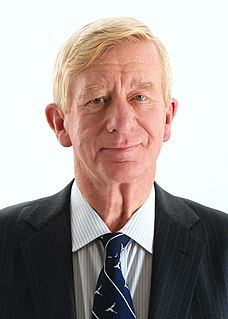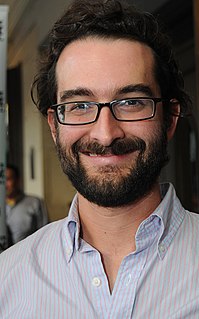A Quote by Barack Obama
Let's say hypothetically, knowing what we know now about public policy, that we could close the education gap so that it was only a couple percentage points, and we could make sure that hiring barriers and educational barriers had been leveled down, and unemployment among African Americans right now instead of being double was only 10 percent higher than white unemployment - if we got to that point , America as a whole would be a lot richer.
Quote Topics
About
African
African American
African Americans
America
Among
Barriers
Been
Being
Close
Could
Couple
Double
Down
Education
Educational
Gap
Got
Had
Higher
Hiring
Instead
Know
Knowing
Lot
Make
Now
Only
Percent
Percentage
Point
Points
Policy
Public
Public Policy
Richer
Right
Right Now
Say
Sure
Than
Unemployment
White
Whole
Would
Would Be
Related Quotes
The black unemployment rate has to be twice that of the white rate in the US. If the national unemployment rate were 6.8 percent, everyone would be freaking out. We ought to not take too much solace in the 6.8 percent, but ask ourselves what can we do to bring that down to white rates, which are below 4 percent now. Some of that has to do with education, but that's just part of the story. You find that those unemployment differentials persist across every education level. I think it means pushing back on discrimination and helping people who can't find work get into the job market.
To me the question right now is: How do I close that first three-quarters of the achievement gap, education gap, wealth gap? What gives me the best chance to do that? And I'm pretty darn sure that if America is a just society and treating people well right now, irrespective of past wrongs, that I'm going to close a big chunk of that gap. I've seen it.
Despite all of the civil rights gains of the past several decades, when it comes to economic opportunity, African Americans and Latinos still experience far more unemployment than do whites and Asians, average wages are lower, and household wealth is lower. A smaller percentage of African Americans and Latinos attend, and complete, college, than is the case with whites and Asians, and a higher percentage end up in prison. All of these are indicators of massive disparities in opportunity, and these disparities are mirrored in poverty data.
In community after community, there are unemployment rates among young African-Americans of 30 to 40 percent. Thirty to 40 percent! Kids have no jobs, they have no future. That is an issue that has got to be dealt with simultaneously as we deal with police brutality, voter suppression and the other attacks that are taking place on the African-American community.
But of course, now we're told we're in recovery but this sure doesn't feel like a recovery to more than 9 percent of the Americans out there who are unemployed, or the 16 percent of the African-Americans, 11 percent of Hispanics in the same position, or the millions who can only find part-time work or those who have even stopped looking for a job.
Does that mean that all vestiges of past discrimination would be eliminated, that the income gap or the wealth gap or the education gap [between Afro-Americans and white] would be erased in five years or 10 years? Probably not, and so this is obviously a discussion we've had before when you talk about something like reparations.
I found myself desiring and knowing less and less, until I could say in utter astonishment: "I know nothing, I want nothing." Earlier I was sure of so many things, now I am sure of nothing. But I feel I have lost nothing by not knowing, because all my knowledge was false. My not knowing was in itself knowledge of the fact that all my knowledge is ignorance, that "I do not know" is the only true statement the mind can make....I do not claim to know what you do not. In fact, I know much less than you do.
We've seen tremendous progress in many ways under President [Barack] Obama. I mean, if we think about where the economy was when he got in - you know, we were losing more than 700,000 jobs a month. The unemployment rate was skyrocketing. And now it's at under 5 percent, so there is a lot of progress that has happened.































